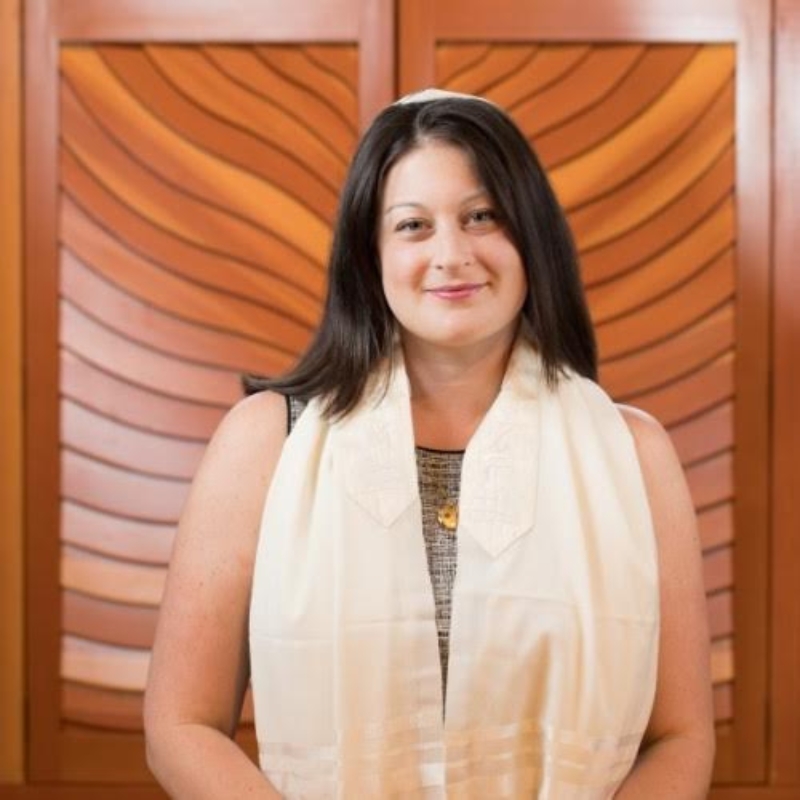Raising two young boys is a fascinating study in negotiation. I find myself in a never-ending struggle for “fairness.” If one boy gets to choose a TV show, the other must choose the next show; one picks out one book to be read at bedtime, the other picks another book, and so on. If they manage to squeeze extra reading out of us, then we will read four books in the name of equality.
For 5 and 7-year-olds, the world is a simple place. Fairness is assumed. If they see something they deem unfair, it must be acknowledged, and they look to someone (me as a parent) — the moral authority — to correct it. In our home, I can — to a certain degree — ensure that such a world of fairness exists. At the same time, I make it clear that I am not perfect: All adults make mistakes, and justice within the real world cannot be controlled, even by our parents.
It is hard to admit we cannot control something and even harder to acknowledge that there are times we should not control something.
Find more commentaries on Shoftim.
Torah provides many examples to help us perceive these moral challenges. Parshat Shoftim begins, “You shall appoint magistrates and officials for your tribes, in all the settlements that your God, Adonai, is giving you, and they shall govern the people with due justice.” (Deuteronomy 16:18) The Talmud (Sanhedrin 16b) explains that from this line we derive that the community must have a comprehensive justice system; there cannot be one court, let alone one judge, for the whole land.
This imperative echoes the admonishment Moses’s father-in-law, Jethro, gave when Moses attempted to solve the whole community’s problems by himself in Exodus. Jethro told Moses: “The thing you are doing is not right, you will surely wear yourself out, and these people as well.” (Exodus 18:18) Sforno expands on Jethro’s words: “You cannot all by yourself listen to the problems of all the leaders and subsequently to all the problems of the individuals who feel they need your personal attention, believing that no one but you can deal with their specific problems.” He reasons that if Moses acts as the only judge, the “perfect” judge, then the people will feel that no one but Moses can ever resolve their conflicts.
In both Exodus and Deuteronomy, there is a commandment against idolatry soon after the discussion of justice. In Exodus 20, we have the first of the 10 commandments against idolatry — “have no other Gods but me!” In Deuteronomy 16:20, the verse: “Justice Justice shall you pursue” is directly followed by a warning against idolatry. By placing these seemingly different topics next to each other — the need for courts and the concern of idolatry — we understand that they are linked.
There is no question that Moses has a direct line to God and that he would adjudicate fairly, but creating a society that relies on one person will, eventually, lead to belief in that one individual instead of belief in the Divine. Such a belief, that an individual can replicate the perfection of God, is idolatry. If the Israelites were to see Moses as their only hope then he would have become the very thing God despises.
Sign up to receive (M)oral Torah in your inbox each week.
Every generation faces this temptation of idolatry. Often, individuals would prefer an outside authority to clarify the world they live in, rather than sacrifice their time and energy for an inherently imperfect system. And some, even those with good intentions, want to fulfill that divine role.
Justice is, at its core, imperfect. Much like parenting. No matter how hard I try, I’ll never be able to create a perfect home for my children. However, I will continue to strive towards fairness. I will fail again and again, but I know my persistence itself speaks volumes. We value equality in our home, even though we can never fully realize it.
It is the responsibility of each person to place the pursuit of justice at the forefront of their mind and heart, while acknowledging the inevitability of human error. Living in the imperfect is reality; ignoring reality in pursuit of perfection is idolatry. It is only through a shared system of responsibility that we can combat the human desire to believe that one “special” person can save the entire world. We all must work towards a more just society, understanding and accepting that we will never attain perfection. Creating and supporting a functioning judicial system is one of the most important and enduring aspects of our Jewish tradition that we can support today.
Rabbi Jessica Lowenthal is the rabbi and education director at Temple Beth Shalom in Melrose, MA. She was ordained at Hebrew College in Newton after gaining her MBA/MA in nonprofit management through the Hornstein Program at Brandeis University. Before rabbinical school, Rabbi Lowenthal worked for the Anti-Defamation League, the American Jewish Committee, and Hillel. She lives in Stoneham, MA, with her husband, two boys, and their dog.

